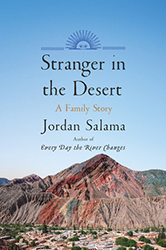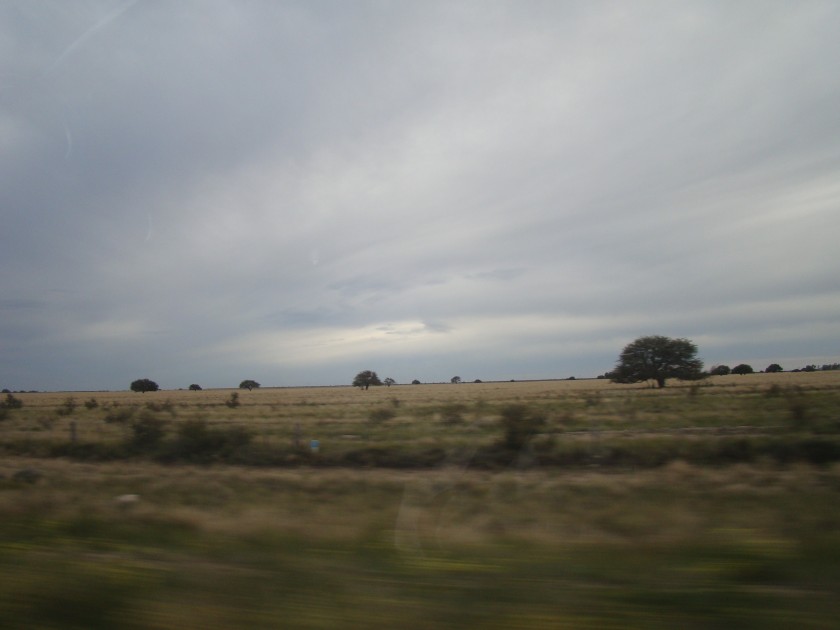
Chimpay, Patagonia. Photo courtesy of the author
Last December, I learned that there was a single Jewish family living in a remote village in the vast, southern region of Argentina known as Patagonia.
I was knee-deep in research for my university thesis on rural Jewish communities in Argentina when I heard about their story. The Garodniks were the only Jewish family for hundreds of miles around and they had been living in their hometown, Chimpay, for three generations. Twenty years ago, they built their own Jewish cemetery, a small plot of land with just three graves — all from the same family — lying quietly beside the highway that runs along the northern end of the town.
So many aspects of the Garodniks’ story drew me in. It wasn’t just the family’s determination to maintain their Jewish identity in a challenging religious and cultural environment — it was also the suspenseful, haunting setting that surrounded them. The solitude of Patagonia, the cemetery set amidst the vast Argentine landscape, the roots and legacy of the Jewish people materialized in those three tombs. All of this together was a story too compelling to ignore, the kind of tale that had always gripped me as a reader.
I decided to shift the focus of my thesis, centering the narrative on the family’s matriarch, Rosana Garodnik, and her experiences (an excerpt was published recently in the Harvard Review of Latin America). As I prepared to travel to Chimpay, I found myself drawn to a mix of mysterious fictional stories, nonfiction chronicles set in southern Argentina, and some historical works that explored Latin American Jewish history. Here’s a list of some of the books that most inspired me along the way.
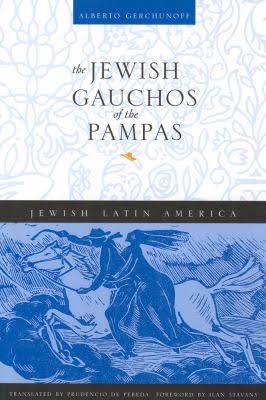
Los gauchos judíos (The Jewish Gauchos of the Pampas) by Alberto Gerchunoff and translated by Prudencio de Pereda
I first took this one from my grandfather’s bookshelf as a kid, and it has stuck with me ever since. Los gauchos judíos sweeps you into the world of Jewish immigrants adapting to life on the Argentine pampas at the turn of the twentieth century. Gerchunoff weaves together stories of families speaking Spanish peppered with Yiddish, blending their traditions with the rugged lifestyle of the gaucho, Argentina’s iconic cowboy. Picture these vibrant Jewish communities in the expansive countryside of Argentine grasslands — sipping mate, riding horses, and carving out their place in a new world. This book isn’t just a story; it’s a cornerstone of Argentine literature and, hands down, one of my all-time favorites.
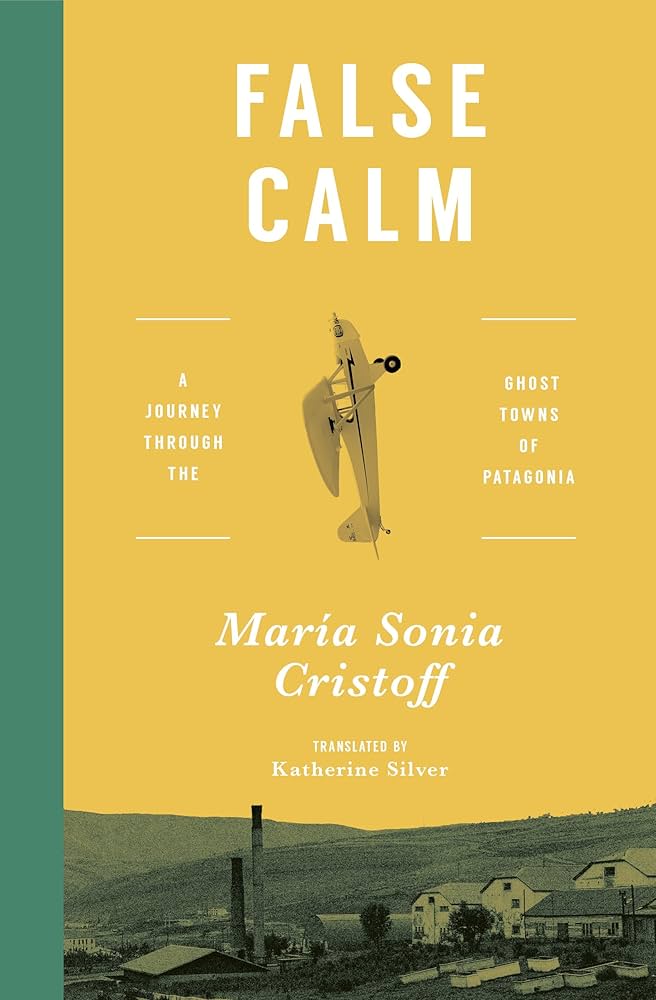
Falsa calma (False Calm: A Journey Through the Ghost Towns of Patagonia) by María Sonia Cristoff
I stumbled upon Falsa calma in my university’s library, and when my thesis advisor also recommended it, I knew I had to dive in. The author of this book, who grew up in a small town in Patagonia, comes to realize that if there’s one way to define this region, it’s through its silence: an absence of people and movement that permeates every inch of the land. As a writer, she embarks on a journey to the southern province of Santa Cruz to discover the seven ghost towns, the most silent and isolated in the region, in an attempt to fully understand both the land and her own family history. This captivating crónica blends personal stories with the eerie silence of the landscape. Her prose is as haunting as the desolate land itself, mirroring the emotional turmoil of its inhabitants. I read it on the bus down to Patagonia, the cold wind outside perfectly capturing the book’s chilling aura.
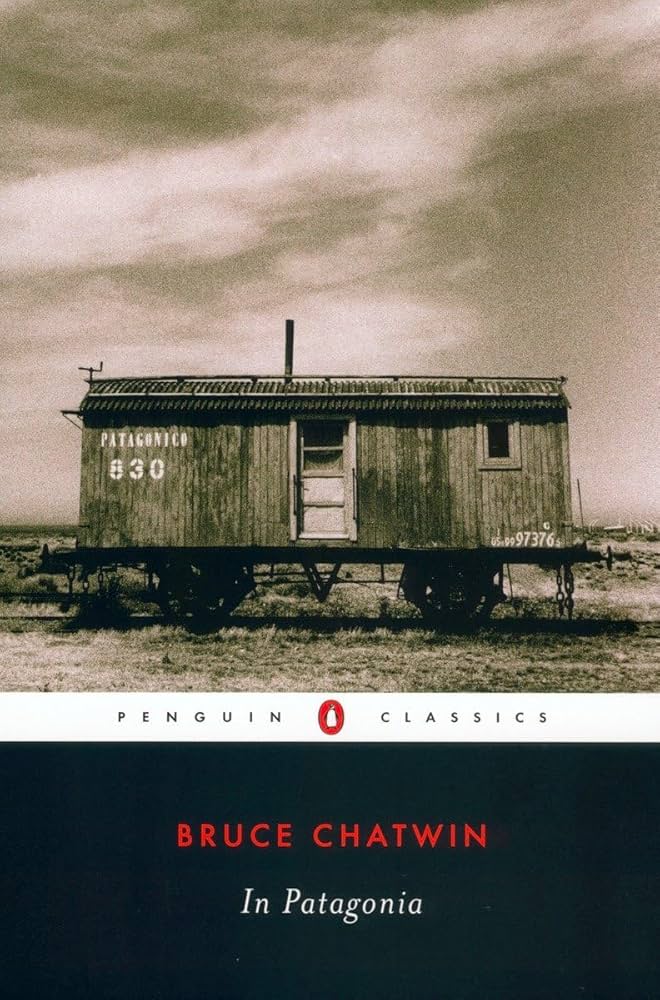
In Patagonia by Bruce Chatwin
This legendary book was gifted to me by a fellow writer after I mentioned my research. It takes readers on a wandering journey through the enigmatic, windswept landscapes of Argentine Patagonia, from the Atlantic coast to the Andes mountains. Chatwin’s iconic narrative blends travel memoir with reportage, following the British writer’s curiosity as he encounters English, Scottish, and Jewish immigrants and their descendents along the way. It’s not just a travelogue, but rather a meditation on the allure of remote places and the lives of those who choose to live there.
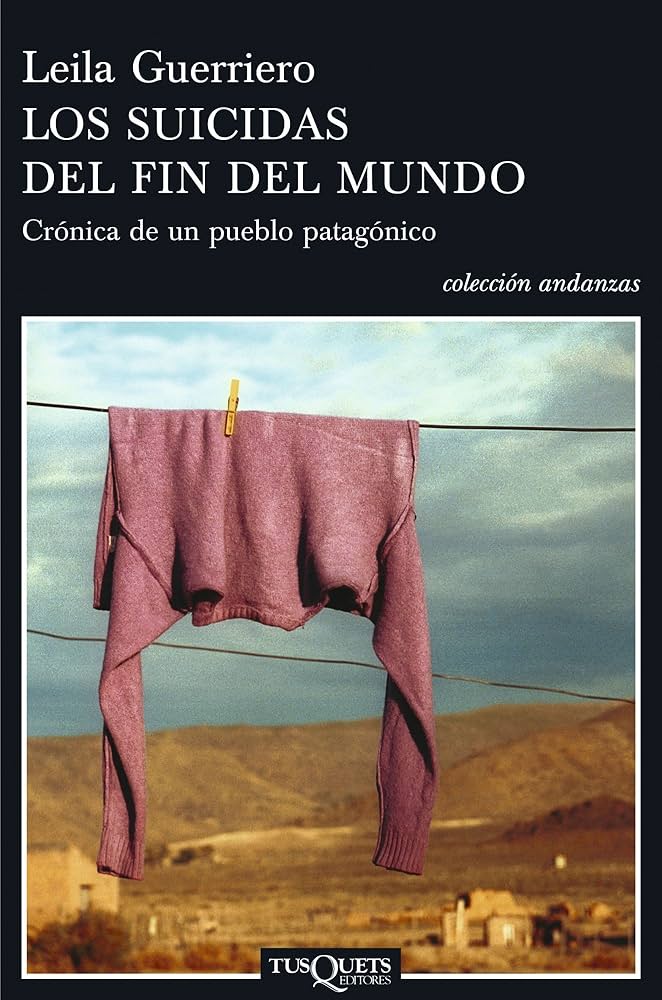
Los suicidas del fin del mundo (The Suicides at the End of the World) by Leila Guerriero
Step into the world of a somber Patagonian town via this haunting tale by Leila Guerriero, considered Argentina’s modern master of creative nonfiction. Guerriero’s chronicle takes you deep into a village in southern Argentina haunted by a series of suicides. What is happening among these lonely people? What’s going on inside their houses? Guerriero’s gripping narrative steps into the silence of the Patagonian landscape and echoes the whispers of its inhabitants. It is the perfect blend of mystery, sorrow, and raw human struggle.
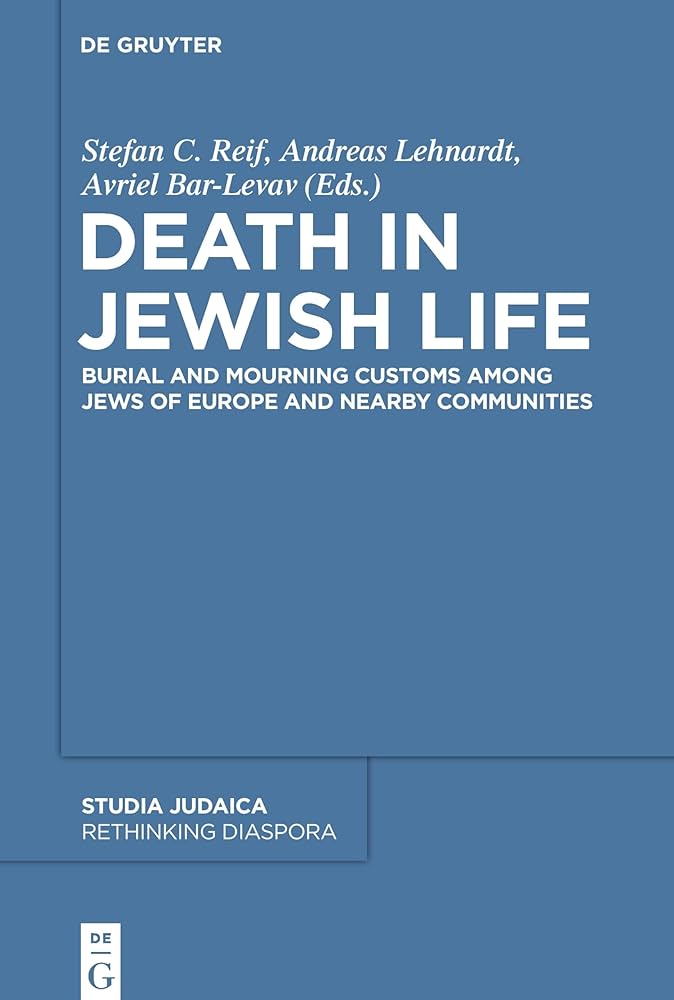
Death in Jewish Life: Burial and Mourning Customs Among Jews of Europe and Nearby Communities, edited by Stefan C. Reif, Andreas Lehnardt, and Avriel Bar-Levav
If you’re curious about how Judaism approaches the big questions of life and death, this book is worth picking up. A fascinating exploration of Jewish death rituals across different regions and eras, the book uncovers how traditions have adapted over time while still staying true to ancient practices. Like many Jews in Argentina, the Garodnik family in Chimpay originally came from Eastern Europe and brought their centuries-old Jewish traditions down to the “end of the world,” ultimately constructing a Jewish cemetery in their small town. A beautifully researched book, Death in Jewish Life sheds necessary light on the significance of mourning, the meanings of prayers, and rituals related to death.
Jessica Ruetter is a writer and the founder of Bibliofilia, an online platform dedicated to Spanish-language literature. Through interviews with Latin American authors and book recommendations, she connects readers across the Hispanic world. She recently graduated from Universidad Torcuato Di Tella in Buenos Aires, Argentina.
